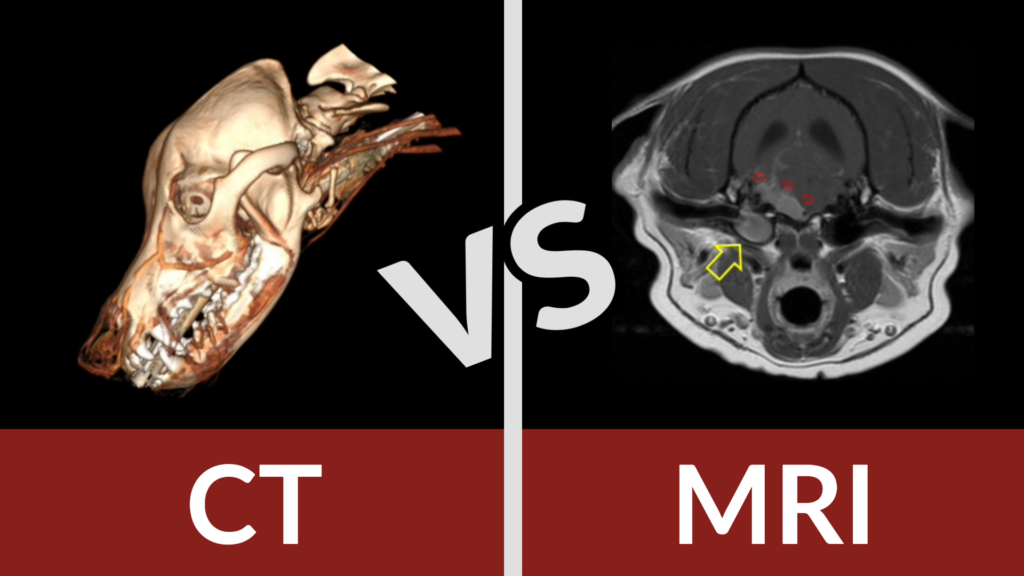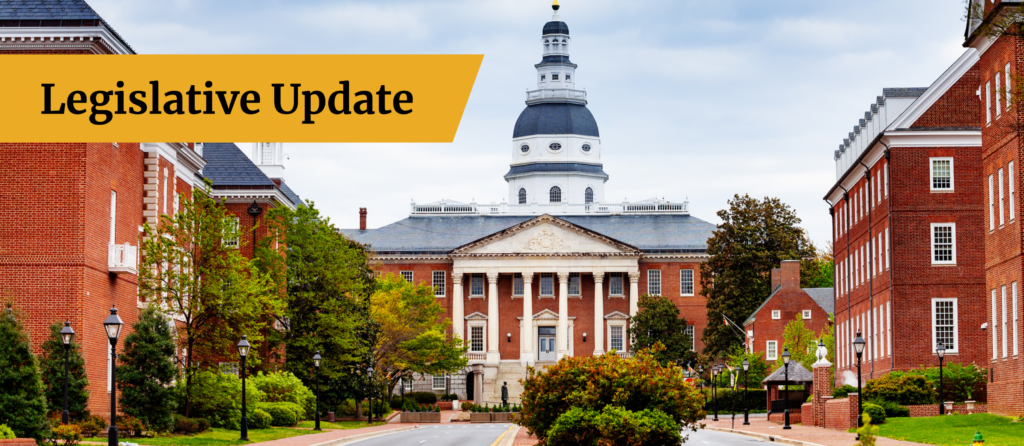USP 800 and Veterinary Practices
Source: Maryland State Board of Veterinary Medical Examiners
Date: October 28, 2019
The State Board of Veterinary Medical Examiners has received several inquiries asking if the Board intends to inspect for and enforce USP 800- Hazardous Drugs—Handling in Healthcare Settings. The short answer is: the Board does not currently intend to inspect for compliance with USP 800, but that does not mean that veterinary practices should ignore the standards.
The U.S. Pharmacopeial (USP) Convention is a nonprofit scientific organization with a mission “to improve global health through public standards and related programs that help ensure the quality, safety, and benefit of medicines and foods.” USP itself has no authority to enforce any of its standards. The standards established in USP 800 do not carry the force of law unless they have been specifically adopted, at either the federal or state level, by way of a law or regulation. Currently, the Maryland Veterinary Practice Act and related regulations do not specifically require compliance with USP 800. In addition, the Maryland Board of Pharmacy , which has incorporated certain USP standards into its regulations governing pharmacies, has not adopted USP 800 at this time.
However, this does not mean that USP 800 is irrelevant to veterinary practices. The USP 800 standards promote worker safety, as well as the safety of patients and animal owners who come into contact with hazardous drugs.
Any veterinary practice that uses the hazardous drugs to which USP 800 applies – especially any practice treating animals with any kind of cancer – would be well served to study USP 800 and follow the standards . Although Board inspections will not specifically address compliance with USP 800, if inspectors see a practice that appears to pose a specific hazard to workers, animal patients, or animal owners, the Board may address the issue through its existing regulations governing professional conduct and professional judgment and/or refer the concern to OSHA or other relevant agency for further inspection.
In the event of an OSHA inspection or a private lawsuit alleging harm caused by unsafe handling of hazardous drugs, the USP 800 standards may be viewed as reflecting the prevailing standard of care.
Keep in mind that other agencies, such as OSHA/ MOSH , the Maryland Department of the Environment and the Maryland Department of Health impose requirements on veterinary practices which are not reflected in the Board’s regulations. Veterinary practices should take care to ensure they are fully cognizant of all the laws and regulations that impact their particular practices, not just those specifically enumerated in the Practice Act.
For more info on USP 800
For more information, see:
- Code of Maryland Regulations: Licensing and Minimum Sanitary Requirements for Veterinary Facilities
- USP Website
- USB 800 Webinar from American Association of Veterinary State Boards (AAVSB)
- NIOSH – Workplace Solutions Document for Veterinarians
- USP – Know Your Exposure to Hazardous Drugs
- Veterinary Safety & Health – Overview
- Veterinary Safety & Health – Chemical Safety
- NIOSH 2004 Alert
- NIOSH 2016 HD List
- NIOSH Health Hazard Evaluation Report
- Closed System Drug-Transfer Device (CSTD) Research
- Hazardous Drug Exposures in Healthcare – Overview
- Hazardous Drug Exposures in Healthcare – Antineoplastic Agents
For more information:
Maryland State Board of Veterinary Medical Examiners
50 Harry S Truman Parkway, Annapolis, MD 21401
Main Office: 410-841-5862
Website: www.mda.maryland.gov/vetboard
Email: mda.veterinaryboard@maryland.gov
Online portal: portal.mda.maryland.gov
Twitter: @MdVetBoard
The post USP 800 and Veterinary Practices appeared first on MDVMA.








